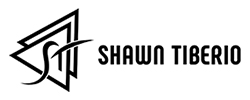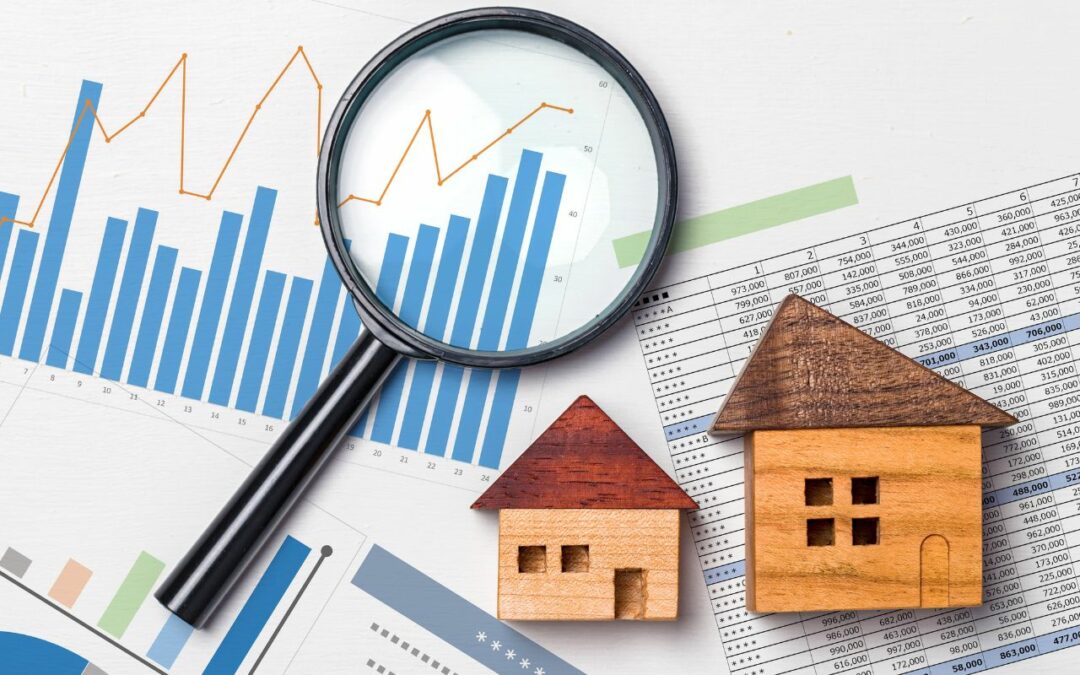While each part of a business plays a key role to its success, sales are the lifeblood that help a company thrive. For the entrepreneur who wants to stand out in their industry, it’s not enough to meet the same sales goal over and over – if you have, it simply means you’re hitting a glass ceiling.
This is why sales forecasting is important for small businesses that want to grow. By accurately predicting your sales for a certain period, you can either find a way to sell more of your products and services despite a low forecast, or ensure your team is well-prepared to cater to a higher demand.
But the words “predicting” and “forecasting” may have lost its essence as many entrepreneurs have found their predictions to be less than 75% accurate.
For a marketing consultant for small businesses like Shawn Tiberio, these numbers aren’t good enough. Here are some tips to properly forecast your business’ sales.
Measure Your Average Sales Cycle The Right Way
How long it takes your business from generating a lead to closing a deal is important to determine the period of an average sales cycle. After all, a local boutique doesn’t make the same frequency of sales as a furniture store. There are three time periods you can classify your business under:
- Weekly – Companies that have high transactions with their customers. Most retail stores selling fast-moving consumer goods and everyday items can fall under this category.
- Monthly – If it takes your business between 30 to 60 days to go from prospective lead to closed deal.
- Quarterly – These can be businesses in industries like real estate and construction or the small B2B companies that take more than a month to close deals.
If you’re using the wrong period to measure your sales, you may be undervaluing or overestimating your current sales, which can make it difficult to forecast trends as you’re supposed to be looking at a bigger (or smaller) picture appropriate with your business. Understand your business goals and see which cycle is likely to provide accurate measures of your business’ success.
Consider Seasonality and Big Market Events
Seasonality plays a huge impact on sales performance, and every product and service will have their peak sale season and a slow season where sales are down. For instance, swimwear will be in high demand during the summer months, but it can be difficult to sell swimwear and anything beach-related during the winter months.
When forecasting, consider the seasonal trends, consumer events, and other similar factors that can affect your business. Let’s go back to the swimwear example and say you’re an online store that sells summer clothes. Going through your historical data, you’ll notice that you have more sales in the second and third quarter of the year. This means that during your peak season, you should have a plan to maximize your sales to offset the expected drop in sales from October to March.
Establish A Sales Process And Quotas
Forecasting is based on data, so you’ll want your sales team to follow a documented process of steps from prospecting leads to getting a sale from a customer. Not only does this set the standard your business can follow, but it helps you formalize your data by seeing how many leads convert into sales.
Next, to properly forecast sales you need to set realistic individual and/or team quotas. By setting a quota, you’re setting a standard for your sale team’s success. Whether they fail to reach it, meet it, or exceed it can help you determine what works, what doesn’t, and other factors that could be affecting your success.
Book A Call With Shawn Today
Not all small business owners may know how to forecast for future sales from the beginning, but learning how to do it properly is essential to tracking growth, mitigating low sales, and setting a high standard for your business goals.
For a stronger business foundation, small business owners can benefit from listening to Shawn Tiberio, a sales consultant for small businesses. Having established several successful small businesses, Shawn has the experience and expertise to not only educate the right way to forecast sales, but to inspire small business owners to have the right mindset towards becoming a successful entrepreneur.














